Earn Your Master
of Climate Solutions In Just One Year
Unleash your impact: Drive climate actions in leading industries, non-profits, and government agencies.


Find out more about the Master of Climate Solutions
Sign up to receive details about the new Master of Climate Solutions at UC Berkeley, including scholarship information, course listings, application information sessions, and more.
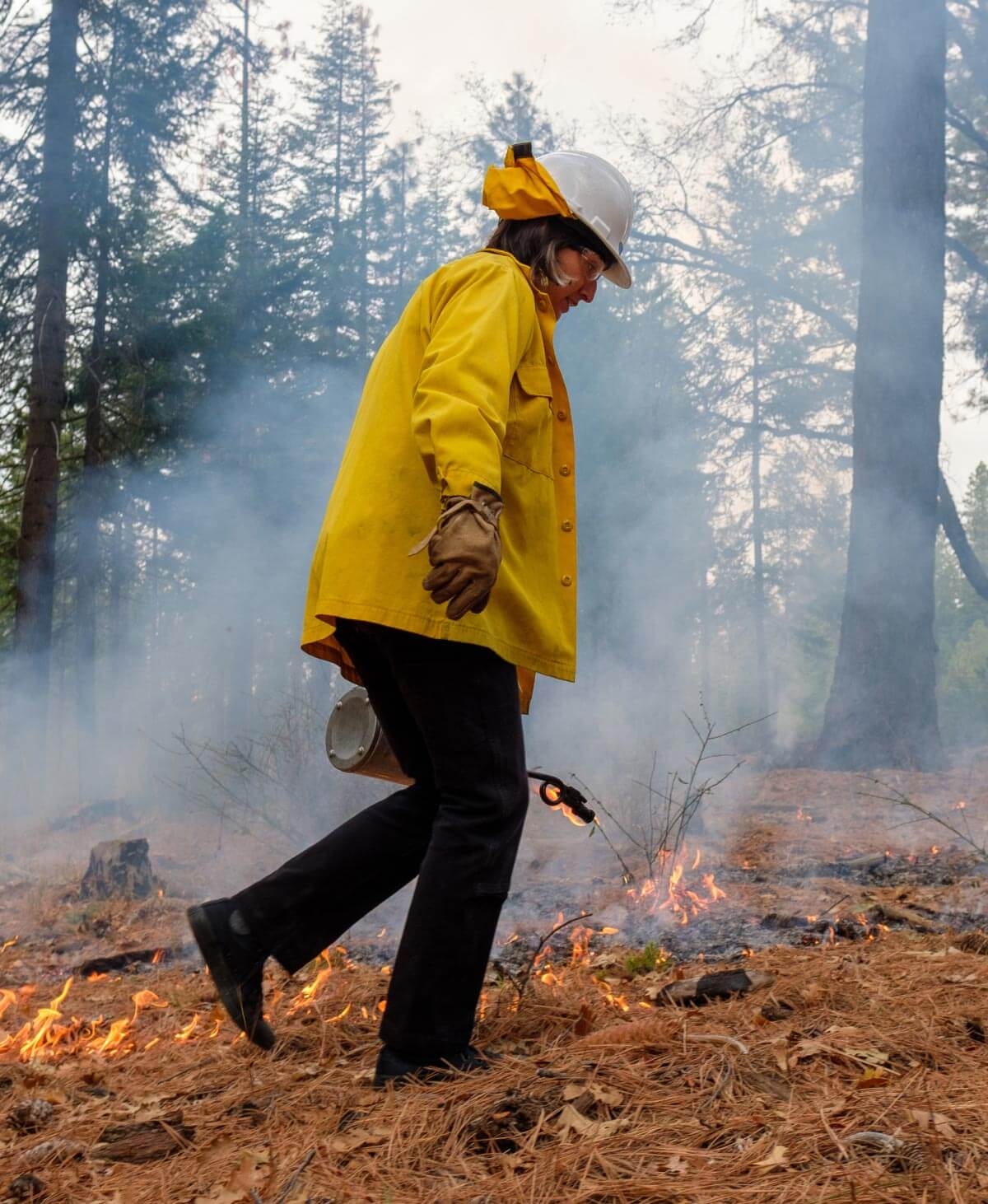
Climate change is the grand challenge of our generation—be a part of the solution.
Meeting the climate challenge will require new leaders who can separate fact from fiction, who understand which actions make the biggest difference, and who know how to get things done.
The new Master of Climate Solutions at UC Berkeley’s Rausser College of Natural Resources is designed with a relentless focus on identifying the skills and experiences leaders like you will need to accelerate your careers and maximize the impact you have on our planet. Join us to find out how you can be part of the climate solution.
This program translates the fundamental science and groundbreaking discoveries, enabling professionals to learn how to evaluate technologies, develop just climate strategies, and remove barriers to implementing practical climate solutions.
The MCS Program at a Glance
In-person on the UC Berkeley campus in the San Francisco Bay Area
Built for students with a wide range of educational and technical backgrounds
Hands-on learning built into the curriculum to help you connect with real-world climate solutions
Designed for professionals with 3+ years’ experience, our program takes just one year
Opportunities for concurrent degree with other UC Berkeley programs
Partial and full scholarships available to support professionals of diverse backgrounds and financial capacities
Holistic admissions process designed to build a cohort diverse in experience and backgrounds
Developed and taught by UC Berkeley’s world-class faculty, ensuring unparalleled program excellence
Why Choose the Master of Climate Solutions at UC Berkeley’s Rausser College?
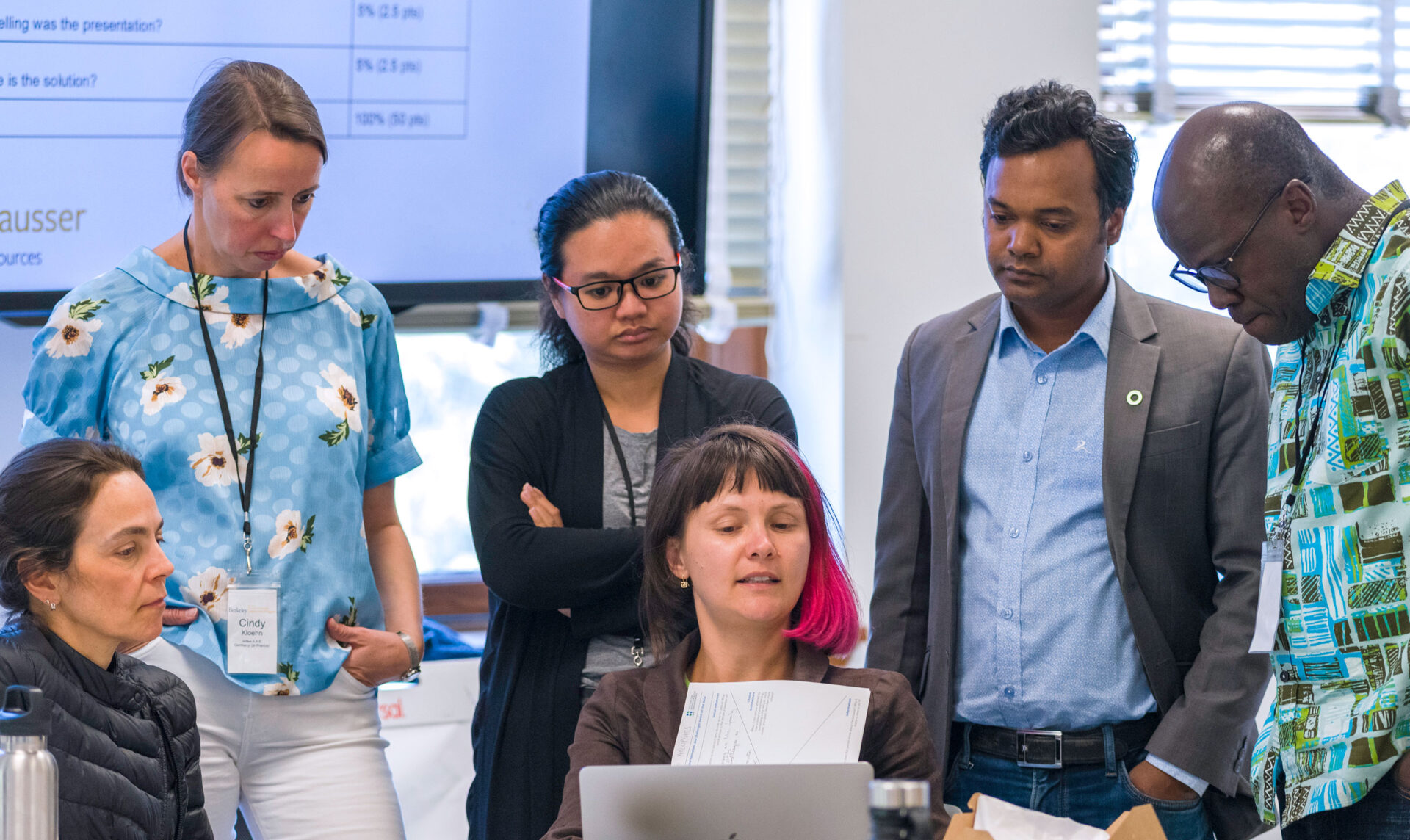
Become a Climate Leader
Critical leadership skills are integrated within a compact curriculum, preparing you to be a proficient, conscientious leader in addressing climate challenges. A central changemaking course, Organizational, Political, and Societal Change for Climate Solutions, equips you with a framework for enacting change within organizations and across society. The year-long capstone program includes training in key management skills. All courses reinforce lessons in communication, problem-solving, and teamwork.

Equip Yourself with In-Demand Climate and Quantitative Expertise
Whether or not you come with a background in quantitative skills, be prepared to immerse yourself thoroughly. We’re here to ensure you acquire the necessary knowledge, whatever your starting point.

Unlocking Change for a Sustainable Tomorrow
A low-carbon future requires change across society and within organizations. Our unique leadership course Organizational, Political, and Societal Change for Climate Solutions prepares you to be a change agent across sectors like businesses, civil society organizations, and government agencies. Emphasizing power dynamics and influence, the course offers strategies for enacting change and understanding the process of decision-making. Key topics include sources of power, societal shifts, and industry disruptions. Practical exercises, analytical memos, and a final report based on real-world interviews enrich the learning experience. The curriculum also underscores leadership skills including strategic planning, behavior change, collaboration, and conflict resolution to drive impactful change.

Our Focus on Equity
Climate impacts and climate solutions have an uneven impact across society, and too often those with the least will bear the biggest burden. Meeting the climate challenge means saving the planet and also finding solutions that protect those in greatest need. The MCS was built with equity and climate justice at its core. Your learning journey here prepares you to adeptly evaluate and seamlessly integrate equity impacts into your professional work.

Immersive Learning
The goal of the MCS is to both train you in new skills and to connect you to the real world. The program will connect you with sustainability leaders via guest presentations, fireside chats, and excursions. The program also includes a yearlong immersive capstone experience that pairs small groups of students with a real partner organization seeking help in creating a climate solution. Program staff prepare a pool of potential projects, allowing you to apply your knowledge in real life, real time.
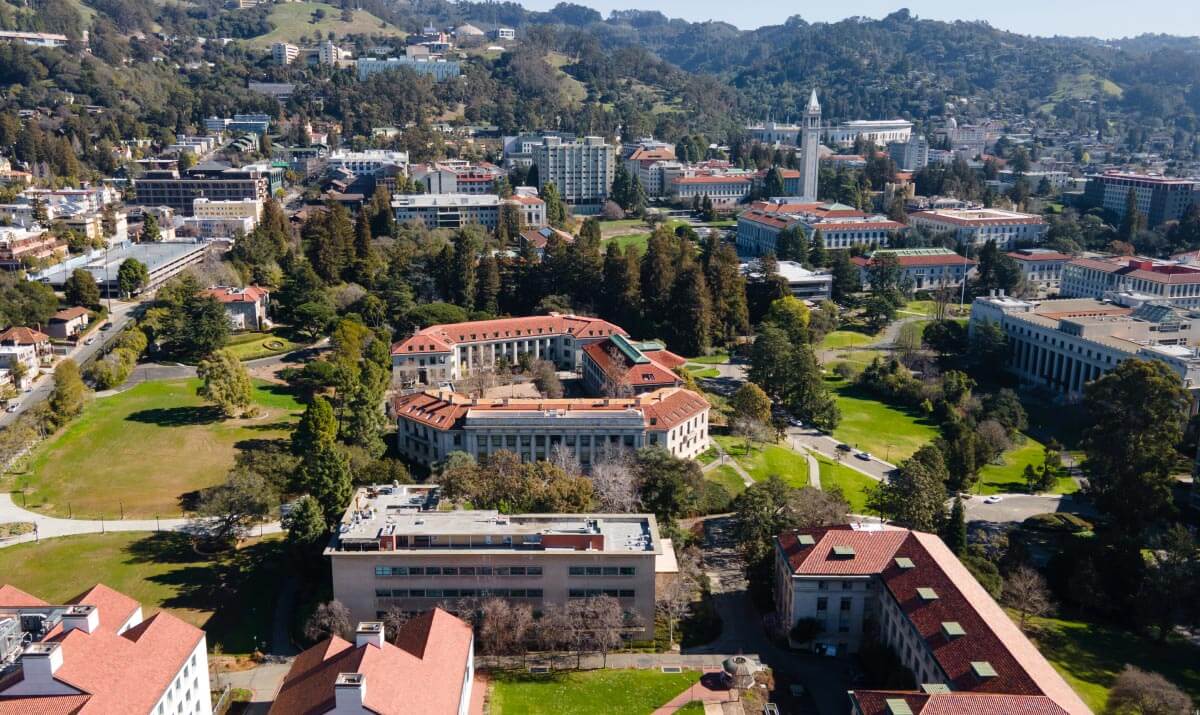
An Ideal Location
There is no better place to study climate solutions than in California. The Rausser College unites experts from three top-ranked departments known for their faculty’s applied research in climate and sustainability action across policy and business, forging a nexus of innovation with industry across the San Francisco Bay Area and beyond.
$232.5B
The Inflation Reduction Act motivated $232.5 billion of climate and cleantech financial and capital markets deals.
$623.21B
Total Capital Raised for Climate Tech in 2022.
1,300
EY announced that it plans to hire 1,300 new employees over three years as it launches EYCarbon, “a new sustainability offering to support businesses preparing for net-zero.”
1.2B
1.2 billion people could be displaced globally by 2050 due to climate related disasters.
69%
69% of companies surveyed in the EY Sustainable Value Study say that financial value from climate change initiatives exceeds their expectations.
1 in 8
Only 1 in 8 workers around the world have one or more green skills, according to LinkedIn’s Global Green Skills Report.
2030
McKinsey launched a new platform with the goal of helping all industry sectors cut carbon emissions in half by 2030 and get to net zero by 2050.
$12B
PwC announced plans to invest $12 billion toward ESG (environment, social, and governance) topics, which includes climate change and climate risk analysis, including 100,000 new jobs across its network.
Scope 3
California’s Senate Bills 253 and 261, the European Union’s Corporate Sustainability Reporting Directive, and the Security Exchange Commission’s proposed Climate Rule all require the disclosure of Scope 1, 2, and 3 emissions, as well as climate risks.
$1B
Deloitte announced a $1 billion investment in climate and sustainability.
Where Can the MCS Take You?
There is explosive growth in climate and sustainability roles across industries and a need for people with the skills taught in the MCS. A sample of exciting careers that graduates will be prepared to enter is below.

Analyst in Environmental Policy (Climate Change)

Climate Change Specialist

ESG Sustainability Performance Manager

Manager, Climate Change and Decarbonization

Principal Sustainability Consultant

Sustainability Data Specialist

Associate/Consultant, Climate & Sustainability

Energy Demand Decarbonization Analyst

Environmental, Social, Governance Manager

Manager, Global Sustainability & Climate

Policy Analyst, Energy, U.S. Climate Alliance
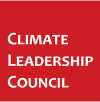
Research Associate

Senior Associate, Water Equity and Climate Resilence

Sustainability Consultant

Sustainability Manager

Interested in both sustainability and business? Earn the MCS and an MBA.
Through our concurrent degree option, you can earn both the Master of Climate Solutions from UC Berkeley’s Rausser College and an MBA from UC Berkeley’s Haas School of Business, one of the world’s top business schools, in only five semesters.
Explore MBA/MCSBecome a Berkeley Climate Solutions Partner
UC Berkeley’s Rausser College is looking for partners and supporters in our Climate Solutions Network. From mentorship opportunities to project sponsorship, there are several ways you can get involved.
Help Us Accelerate Climate Solutions
Is the Master of Climate Solutions right for you?
The MCS program serves as a specialized academy for professionals from diverse fields and backgrounds, ideally with 3+ years of experience. If you want an immersive program focused on the practical application of climate solutions and are willing to dig in and work hard, then this is the right program for you.
Admissions Requirements Find Out MoreMeet the Faculty & Leadership
Three departments collaborated to create the MCS program: Agricultural & Resource Economics; Environmental Science, Policy and Management; and the Energy and Resources Group.
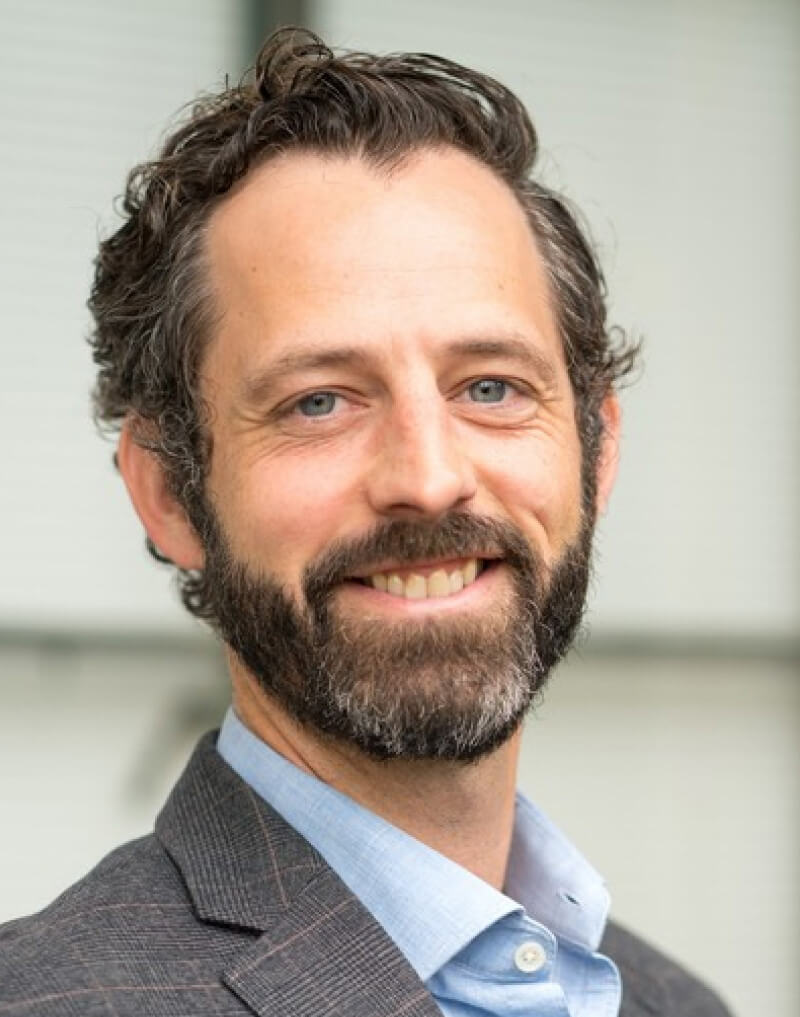
“I study the interplay between public policy and market actors around environmental policy. I’ve used my research insights to inform both governments and private companies about how to decarbonize more effectively and more equitably.”
James Sallee
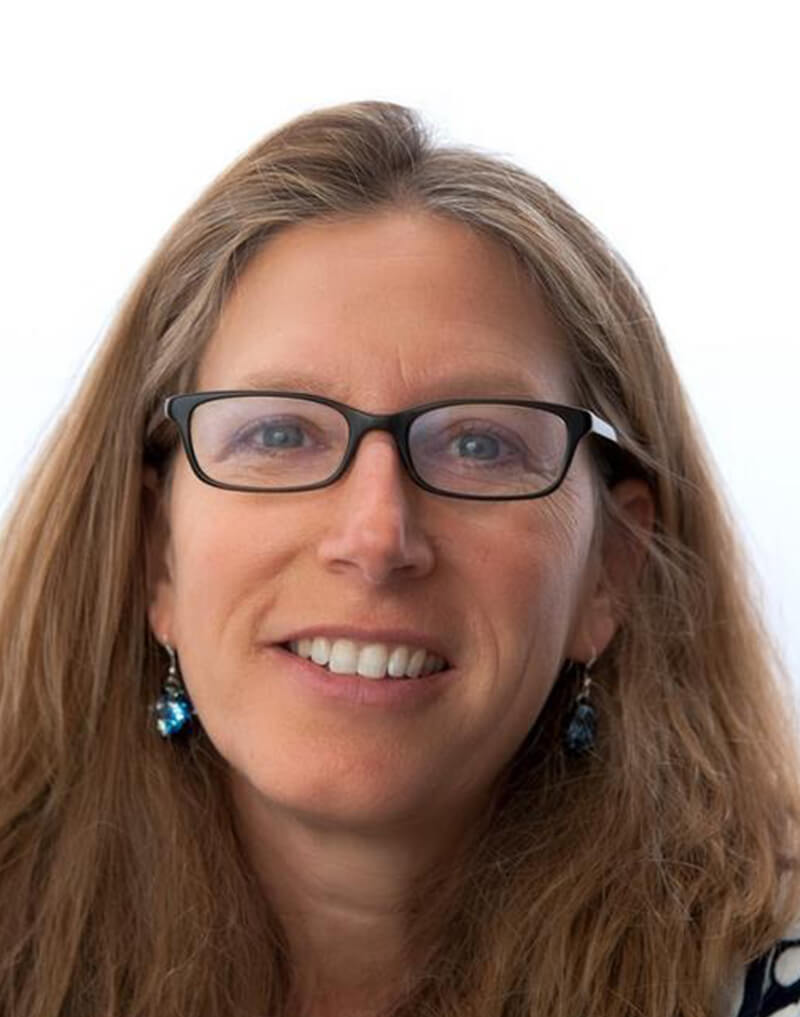
“I am a biogeochemist and ecosystem ecologist who studies effects of climate change and human impacts on the environment, and the potential for mitigating these effects. We work on the science of climate change solutions, particularly those that utilize the natural and working lands.”
Whendee Silver
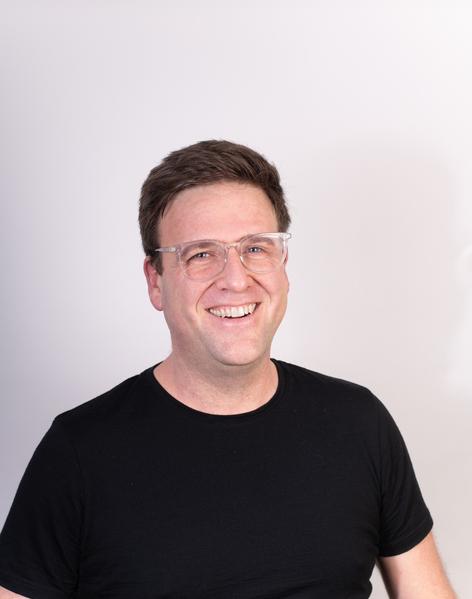
My current research explores how to turn the real-world experience of climate professionals into structured, teachable lessons that equip emerging leaders with the insight and tools needed to drive effective climate solutions.
Jason Kibbey
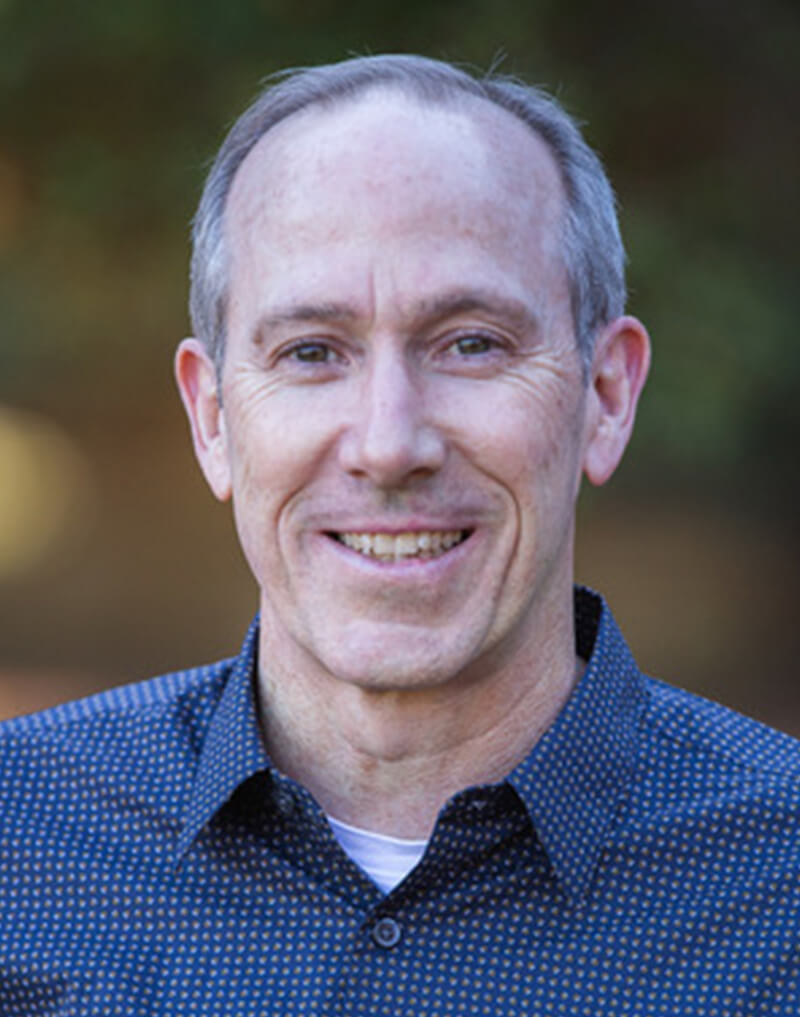
“I am both a professor and practitioner focused on advancing rapid and equitable sustainability transitions. I am currently researching strategies for industrial decarbonization and climate innovation in energy, transportation and industrial systems.”
Dara O’Rourke
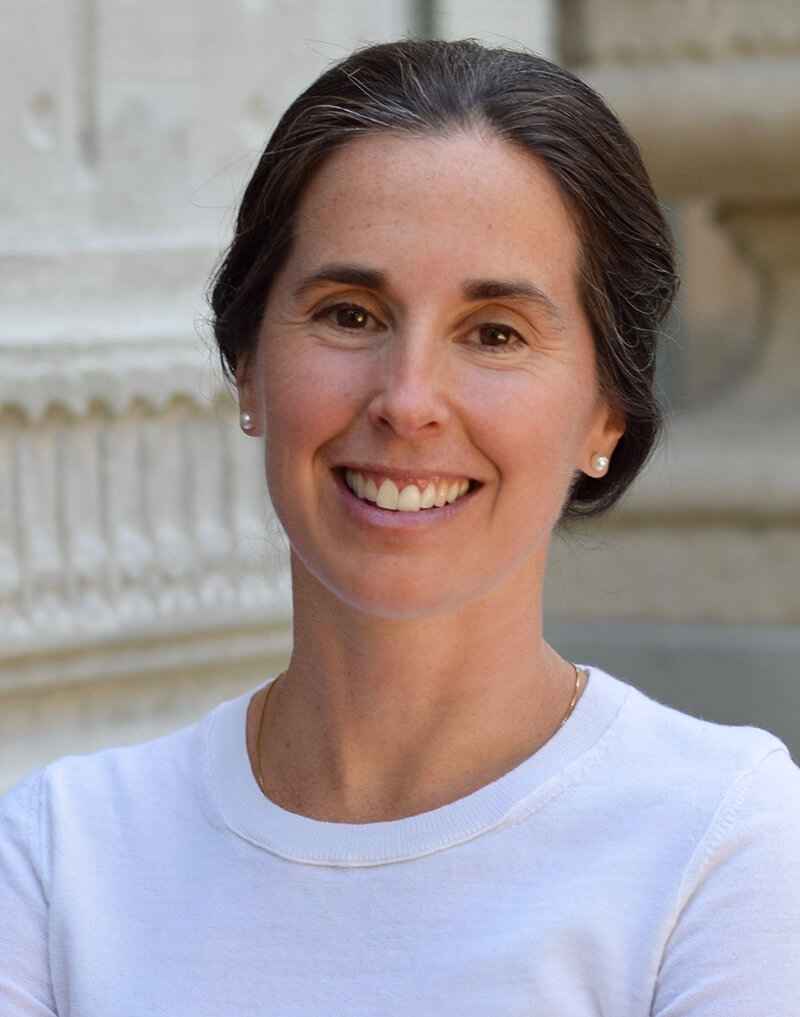
“I see economic incentives and well-crafted policy as critical tools for accelerating climate change mitigation and adaptation. I am particularly interested in using these tools to help industries on the front lines of climate change adapt and innovate.”
Meredith Fowlie
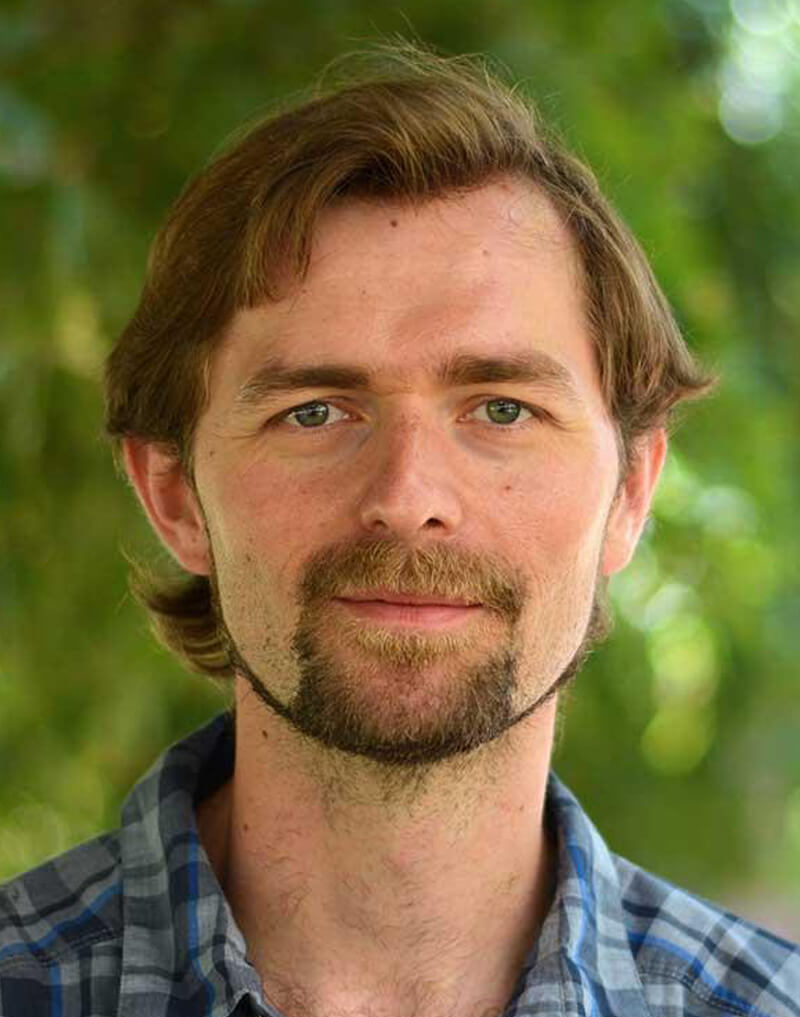
“How can we leverage rapidly evolving power of computing and expansion of available data to better understand and confront a rapidly changing climate? My research explores how advances in technology can improve decision-making in uncertain and rapidly changing environments.”
Carl Botteger
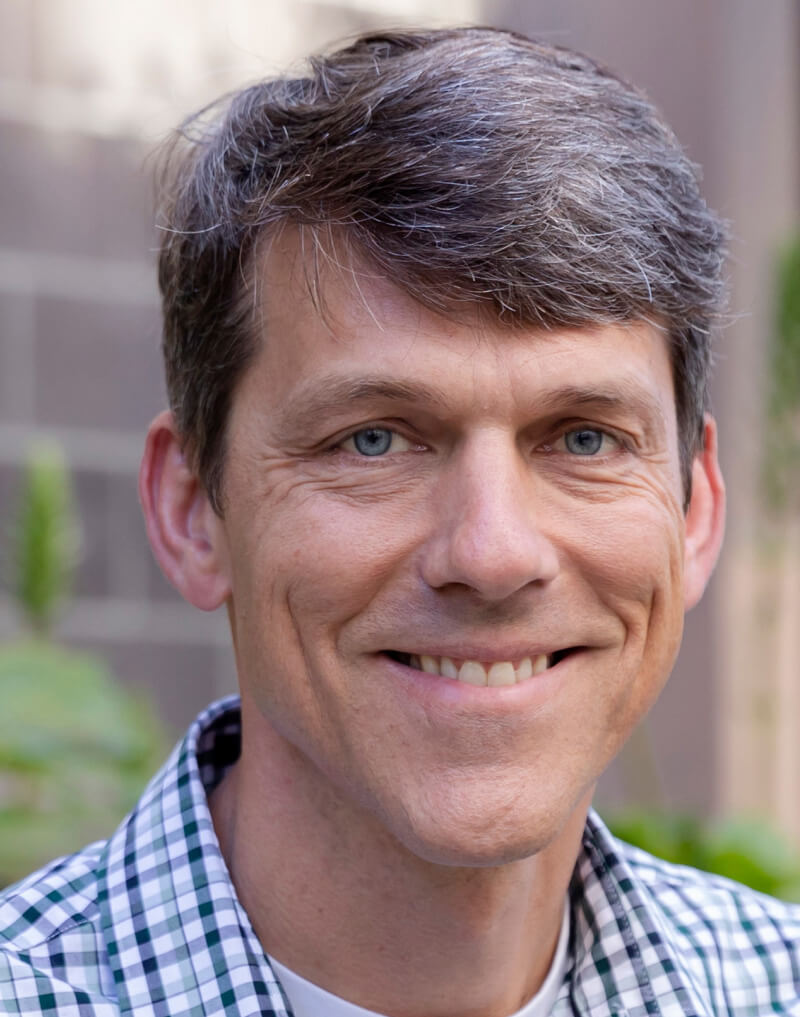
“I aim to solve challenges to grid decarbonization by analyzing promising pathways and by creating new algorithms and tools that make the grid cheaper, more reliable, and less carbon intensive”
Duncan Callaway
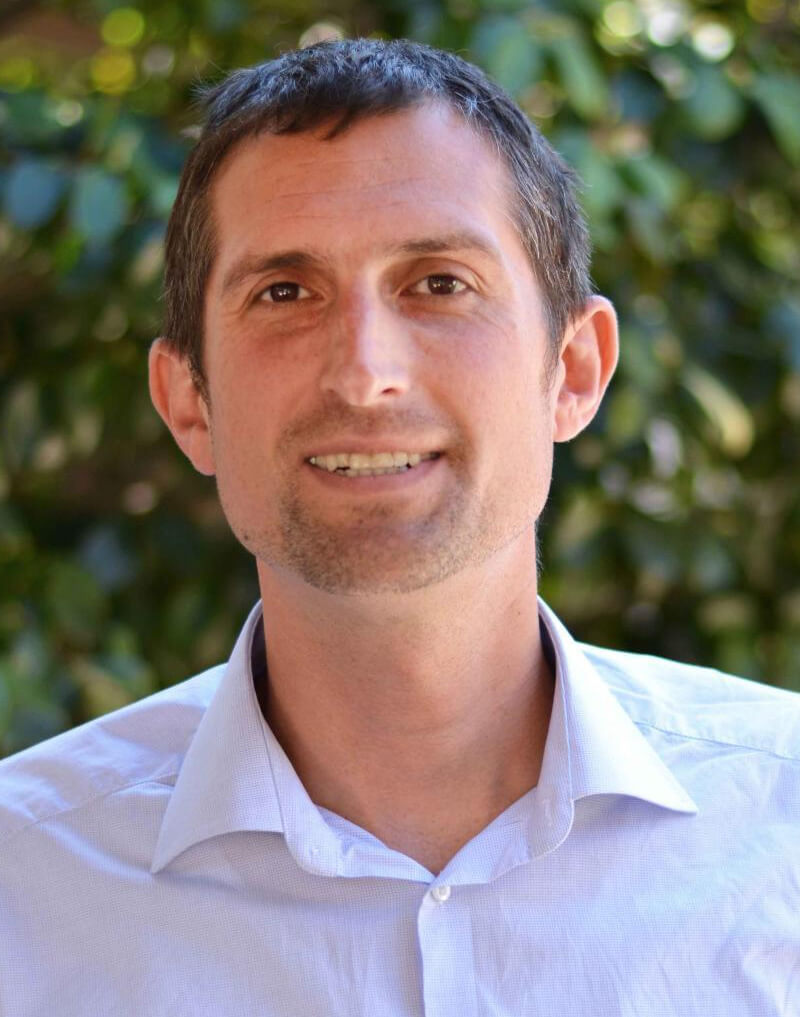
Matthew Potts

“I hold a BA, MA, and Ph.D. in Anthropology from UC Berkeley, focusing on food, culture, and environment. As the Director of Program Operations, I work to actualize faculty vision and broaden access to Berkeley’s exceptional education to professionals.”